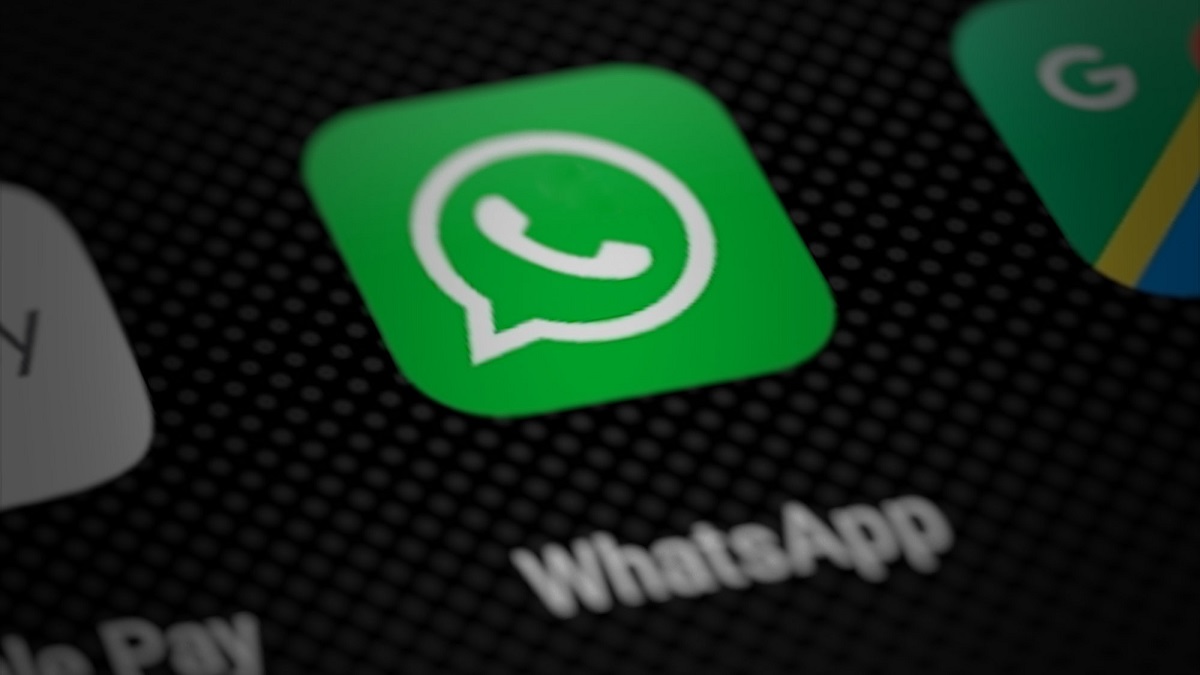
WhatsApp could work with multiple devices in the near future. More importantly, it will not need the smartphone on which users first installed and registered the app.
Facebook is trying to maintain End-to-End Encryption while allowing WhatsApp to work on multiple devices without needing a smartphone.
WhatsApp can work on up to four devices simultaneously, while still offering End-to-End Encryption:
WhatsApp users can use the messaging service across several platforms. However, all the devices need a working, connected, and active smartphone on which the app is installed.
The multi-device support is currently limited primarily because of the way the platform handles End-to-End Encryption (E2EE). This should change in the near future.
We've been working on this for a long time. Until now, @WhatsApp has only been available on one device at a time. And desktop and web support only worked by mirroring off your phone – which meant your phone had to be on and have an active internet connection.
— Will Cathcart (@wcathcart) July 14, 2021
Simply put, WhatsApp users will no longer need to have a phone nearby to use WhatsApp on the web, macOS, Windows, or Portal. Facebook has initiated a multi-device beta testing program for the instant messaging service.
Users will be able to use the service on their primary phone, and up to four other devices. It is important that all the other devices are not phones.
WhatsApp multi-device support is finally here for a lucky few https://t.co/ZV9QHD0Bj1 pic.twitter.com/WgE0zwh6nT
— Android Police (@AndroidPolice) July 14, 2021
Facebook is trying the multi-device approach with a small group of people from its beta program. This is an invite-only program, and users will be able to opt-out of the beta later.
With the help of such beta testers, WhatsApp will reportedly optimize the multi-device experience and add some more features before rolling it out more broadly.
How does the WhatsApp multi-device operation work?
There has been a lot of demand for multi-device operability. However, WhatsApp was not able to offer the same owing to the E2EE requirements.
It seems the instant messaging platform has built a system that retains end-to-end encryption while letting people sync data like contact names, archives, and starred messages across devices.
Basically, the primary WhatsApp smartphone app was the core conduit for the service. All the other “synced” devices had to maintain a consistent, secure link to the phone app.
WhatsApp multi-device beta allows four devices at once even without a phone https://t.co/4og7SXvZo2 pic.twitter.com/B95j5babXC
— The Verge (@verge) July 14, 2021
All the synced devices essentially mirrored the content. This was a huge limitation simply because the smartphone was the weakest link. If its battery died, the app misbehaved, or the phone lost connectivity, the entire ecosystem would collapse.
At the backend, the primary WhatsApp app reportedly managed the key determining their identity and ability to encrypt/decrypt messages. The encrypted synchronization also applies to message history, contact names, and other data, with keys maintained on the individual devices.
Early access for multi-device beta is available.
WhatsApp Web, Desktop and Portal without an active Internet connection on the phone is finally possible!
https://t.co/h3JQsS6ArA
— Join.chat (@joinchatnow) July 14, 2021
Simply put, users have a single identity key the one on their phone to handle encrypted messages. Moving ahead, each device will have its own identity key.
WhatsApp claims it has developed protocols to keep eavesdroppers away and minimize the number of times people need to confirm their identity across devices. Users will obviously have complete control over connected devices.
Interestingly, WhatsApp will also offer E2EE support for voice and video calls as part of the multi-device beta. The backup process will not be affected or altered.


